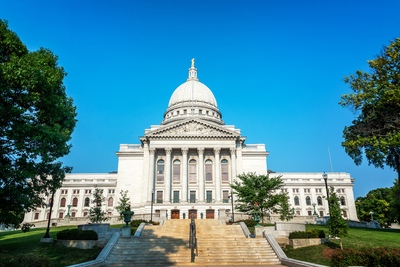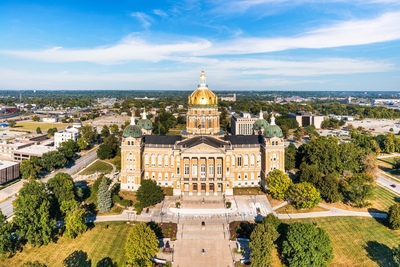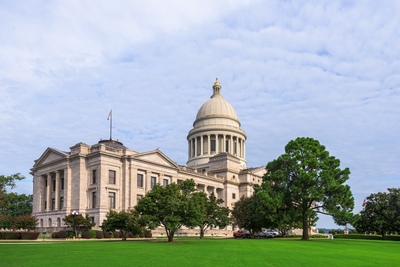
Elections & Campaigns
2026 State Elections Could Reshape Trifecta Control (States to Watch)
February 5, 2026 | Bill Kramer
November 7, 2018 | Lauren Doroghazi
Marijuana legalization proponents had a big night as voters approved legalization efforts for recreational use in Michigan and medical use in Missouri and Utah. After Tuesday, ten states and Washington, D.C. have legalized the use of recreational marijuana and 32 states and D.C. have legalized the use of medical marijuana.
Only one marijuana-related measure failed on Tuesday when North Dakota voters rejected a measure that would have legalized the use of recreational marijuana in the state and created a process for automatic expungement of marijuana convictions.

About half of medical marijuana laws and all but one of the nine recreational legalization measures were passed via voter-initiated ballot measures. Beginning in 2012 (Colorado & Washington), the passage of recreational legalization ballot measure has increased in each even-numbered election year: three in 2014 (Oregon, Alaska, & Washington, D.C.) and four in 2016 (California, Nevada, Massachusetts, and Maine).
As marijuana legalization proliferates, the haze of unanswered questions thickens. Employers have voiced concerns over liability and drug screening policies. Businesses have sought to ensure that the laws clearly allow them to maintain safe and productive workplaces. The federal government still classifies marijuana as a Schedule 1 Drug, raising federalism conflicts over banking and law enforcement. The safety of products that integrate cannabis into candy or baked goods, known as “edibles” is a rising concern, especially because of their attractiveness to children. Lawmakers are unable to foresee and respond to all of these questions while drafting initial legislation, meaning future legislators and the courts will be grappling with answering them for many years.

February 5, 2026 | Bill Kramer

February 4, 2026 | Maggie Mick

January 23, 2026 | Andrew Jones